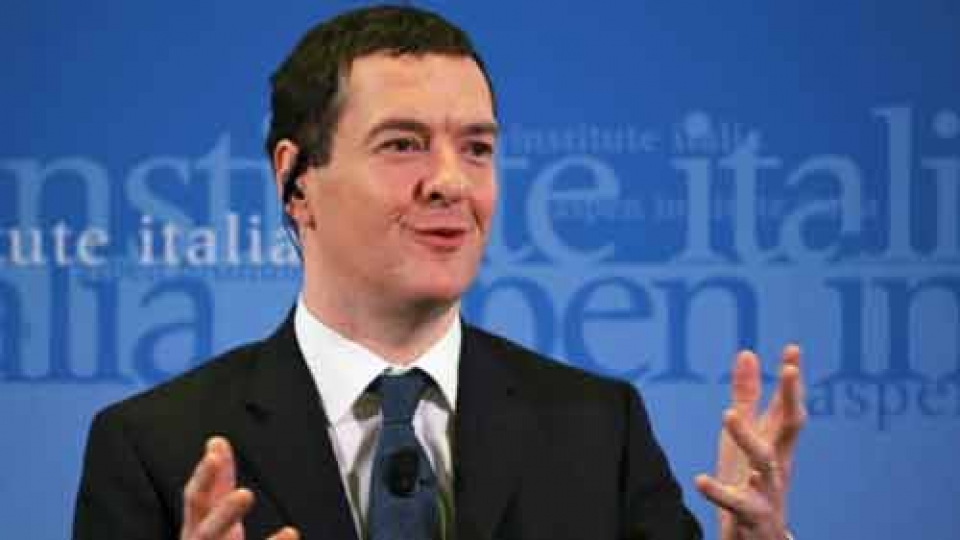The broad political, trade and defense treaty is already provisionally in place but has to be ratified by all 28 European Union member states for every part of it to have full legal force. The Netherlands is the only country that has not done so.
While a "no" vote in the non-binding referendum would not force the Dutch government to veto the treaty on an EU level the fragile coalition, which holds the rotating EU presidency, might find it hard to ignore with less than a year to general elections.
Any rejection by Dutch voters or by the government would give Russian President Vladimir Putin, who opposes deeper EU-Ukraine ties and who many Dutch blame for the downing by pro-Russian rebels of a plane traveling from Amsterdam, a victory in his war of words with the West.
An EU decision to push on with the treaty despite a "no vote", whether the government respects it or not, could be damaging for the EU and highlight EU problems ahead of the British vote.
"If politicians ignore the Dutch no then it will be an even stronger signal than what the British have already received that there is no way to correct the European political class and that they should vote to leave," said Thierry Baudet, a "no" campaigner and one of the architects of the referendum that was triggered when activists gathered thousands of signatures of support.
Many Dutch feel they are being asked to choose between two unattractive options: EU expansion plans dreamed up by unaccountable bureaucrats in Brussels or helping Russian Putin who they blame for the MH17 plane disaster which killed almost 200 Dutch citizens in July 2014.
